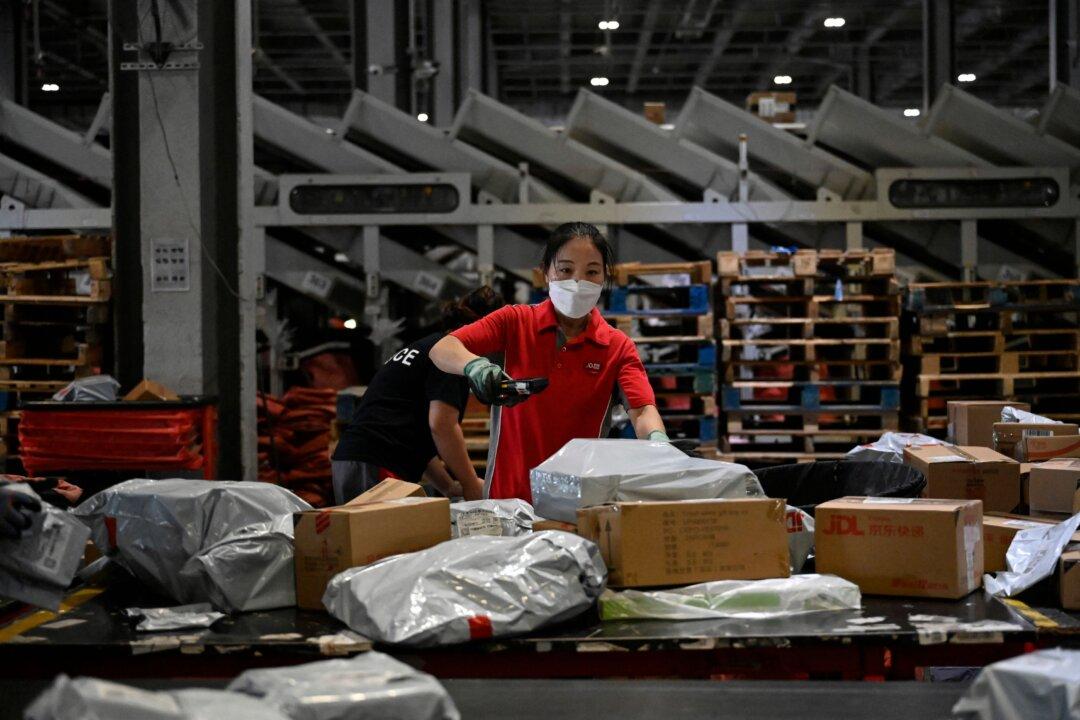With a sluggish economy and weak demand and consumption taking a toll on China, U.S. corporate behemoths are feeling the pinch. They’re being forced to reassess their investment and expansion plans in the world’s second-largest market.
U.S. mobile chip developer Qualcomm announced in a statement on Sept. 20 that it’s laying off workers in China because of “continued uncertainty in the macroeconomic and demand environment,” indicating a longer-than-expected industry downturn and slow recovery.





